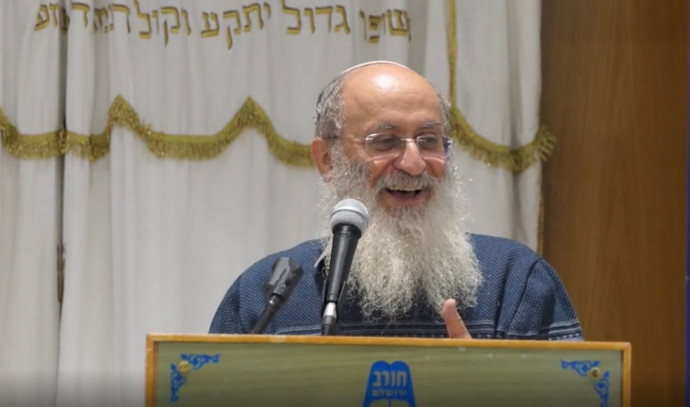rylah
Gold Member
- Jun 10, 2015
- 23,413
- 4,955
- 290
Rabbi Oury Cherki was born in Algeria in 1959. He moved with his family to France where he lived for several years and then immigrated to Israel in 1972. He studied Torah with Rabbi Zvi Yehuda HaKohen Kook in the Merkaz HaRav Yeshiva as well as with Rabbi Yehuda Leon Ashkenazi and Rabbi Shlomo Binyamin Ashlag. He was ordained as a rabbi and has been serving as the rabbi of the Bet Yehuda community in Kiriat Moshe, Jerusalem. Rabbi Cherki teaches at Machon Meir and is the head of the Noahide World Center.
"Welcome to the first chapter of our series, "Rabbi Cherki’s Guide to Genesis - Bridging Ancient and Modern Worlds." In this episode, Rabbi Ouri Cherki delves into the Torah's opening verses, uncovering the profound significance of Creation. Rabbi Cherki guides you through fundamental principles of Torah study, offering insights that will assist you throughout your journey through the Hebrew Bible. This series presents an authentic interpretation of Genesis, bridging the gap between ancient Prophecy and modern understanding. Join us to discover the timeless relevance of the Torah and its Universal message for today."
"Welcome to the first chapter of our series, "Rabbi Cherki’s Guide to Genesis - Bridging Ancient and Modern Worlds." In this episode, Rabbi Ouri Cherki delves into the Torah's opening verses, uncovering the profound significance of Creation. Rabbi Cherki guides you through fundamental principles of Torah study, offering insights that will assist you throughout your journey through the Hebrew Bible. This series presents an authentic interpretation of Genesis, bridging the gap between ancient Prophecy and modern understanding. Join us to discover the timeless relevance of the Torah and its Universal message for today."
